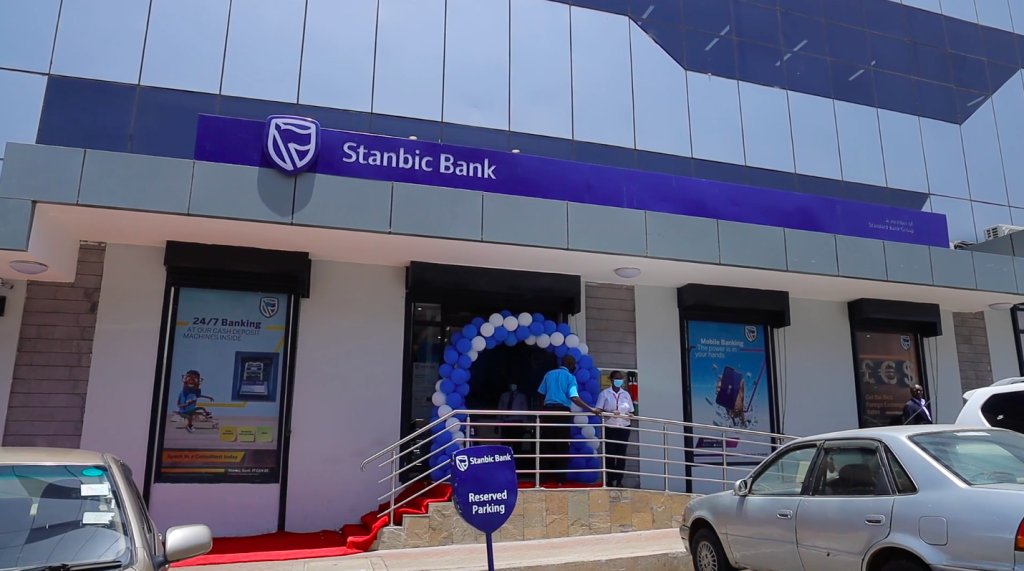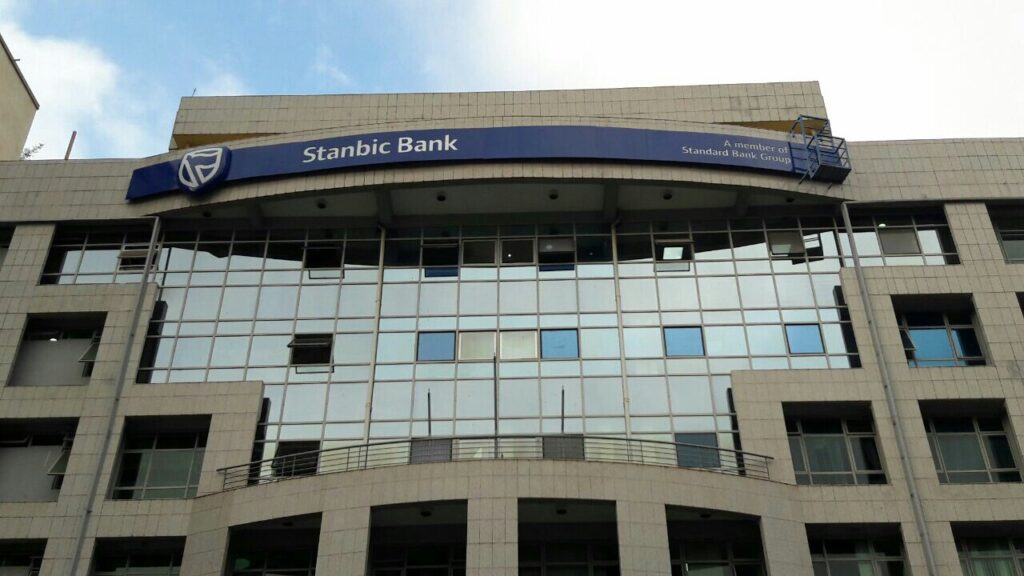
Key Findings;
Steepest drops in activity and new work for seven months
Business confidence slips to lowest since February
Input prices rise mildly after back-to-back declines
Business activity slumps amid sales downturn
Kenyan business activity fell sharply in June amid reports of widespread economic challenges and a negative impact on sales from protests and policy uncertainty.
 New business intakes dropped at the fastest rate since November last year, leading to a drop in business confidence and weaker job creation.
New business intakes dropped at the fastest rate since November last year, leading to a drop in business confidence and weaker job creation.
Although Kenyan firms also saw a renewed increase in their input costs in June, the rate of inflation was mild and had little impact on selling charges.
The survey was conducted between June 12th and 26th and so the majority of responses were received before the unrest on the 25th.
The headline figure derived from the survey is the Purchasing Managers’ Index™ (PMI®).Readings above 50.0 signal an improvement in business conditions on the previous month, while readings below 50.0 show a deterioration.
The headline PMI fell below the 50.0 neutral mark to 47.2 in June, signalling a solid deterioration in the health of the Kenyan private sector economy. The decline was the sharpest recorded in seven months, which contrasted notably with the PMI’s 16-month high of 51.8 in May.
After registering a solid expansion midway through the quarter, private sector output dropped markedly in June, in line with a renewed and steep fall in new business intakes.

According to panel members, tough economic conditions brought on by the cost-of-living crisis, as well as protests surrounding the country’s finance bill hurt sales volumes.
The downturn was partially softened by a rise in new orders across manufacturing, which was the only monitored sector to register growth in June.
The drop in sales tempered efforts to expand capacity at Kenyan companies in June. Purchasing activity decreased for the first time in three months, leading to a fresh reduction in firms’ inventories of inputs. However, the pace of stock depletion was only modest.
Employment numbers continued to rise, but the increase was the weakest seen in the year-to-date.

According to the Comments from Christopher Legilisho, Economist at Standard Bank
“In June, momentum in private sector activity declined, reflecting several concerns, top of the list being the proposed increase in taxes via the Finance Bill 2024, and the widespread protests in response, with unrest in Kenya restraining output and new business because customers delayed spending decisions in the face of such uncertainty.
“After two months of increased purchasing activity by firms, there was a dip in purchasing quantities and inventories because of reduced sales in several sectors, namely construction, agriculture, wholesale and retail.
“Input prices, purchase prices and output prices recorded a mild increase in anticipation of the increased taxes proposed in the Finance Bill 2024. However, a stronger exchange rate and lower pump prices managed to restrain costs.
“Despite the recent upheaval, it was notable that job creation improved for a sixth month running as firms increased capacity despite the dip in overall activity. However, business optimism for the year ahead remains fragile.”
Greater availability of raw materials and competition between vendors led to a further improvement in supplier performance during June. That said, the reduction in delivery times was the least marked since February.
Input prices in the Kenyan economy rose for the first time in three months in June, following a near-record decrease in the previous survey period.

Higher taxation on products was commonly noted by respondents as driving up costs, offsetting further reports of reduced fuel prices and a positive impact on import prices from stronger exchange rates.
Notably though, the rate of input price inflation was modest and much softer than typically seen over the past four years.Cost increases
were centred on the wholesale & retail, agriculture and services sectors, comparing with falls in manufacturing and construction. With cost pressures relatively mild, Kenyan firms posted only a slight rise in their output prices in June.
Business expectations towards future activity meanwhile slipped to a four-month low, as economic challenges led firms to show less optimism towards their sales and output forecasts.

Survey Methodology;
Stanbic Bank Kenya PMI® is compiled by S&P Global from responses to questionnaires sent to purchasing managers in a panel of around 400 private sector companies. The panel is stratified by detailed sector and company workforce size, based on contributions to GDP. The sectors covered by the survey include agriculture, mining, manufacturing, construction, wholesale, retail and services. Data were first collected January 2014.
Survey responses are collected in the second half of each month and indicate the direction of change compared to the previous month. A diffusion index is calculated for each survey variable. The index is the sum of the percentage of ‘higher’ responses and half the percentage of ‘unchanged’ responses. The indices vary between 0 and 100, with a reading above 50 indicating an overall increase compared to the previous month, and below 50 an overall decrease.
The indices are the seasonally adjusted.The headline figure is the Purchasing Managers’ Index™ (PMI). The PMI is a weighted average of the following five indices: New Orders (30%), Output (25%), Employment (20%), Suppliers’ Delivery Times (15%) and Stocks of Purchases (10%). For the PMI calculation the Suppliers’ Delivery Times Index is inverted so that it moves in a comparable direction to the other indices.
Underlying survey data are not revised after publication, but seasonal adjustment factors may berevised from time to time as appropriate which will affect the seasonally adjusted data series.
For further information on the PMI survey methodology, please contact economics@spglobal.com









